Article: Free Radicals and Antioxidants
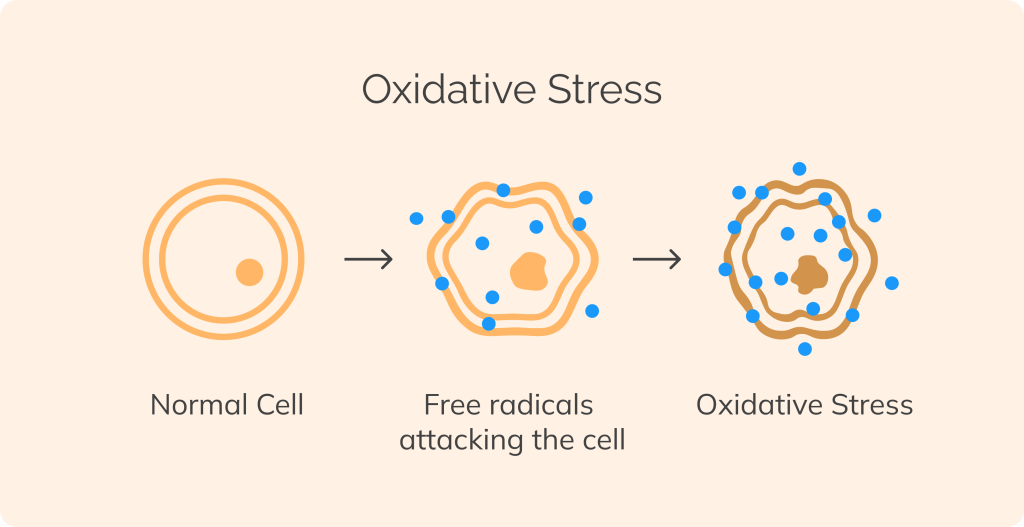
Free Radicals and Antioxidants
Free radicals are thieves. They roam the body, stealing electrons from healthy cells, damaging DNA, proteins, and even the membranes that protect each and every cell.
Every time your dog or cat digests food or exercises or literally even when they simply breathe, they produce something called free radicals. These are unstable molecules created during normal metabolic processes, and they’re also triggered by stress, pollution, poor food, or medication.
Now here’s the problem: When this damage gets out of control, it’s called oxidative stress and it’s linked to chronic diseases, early aging, skin problems, and inflammation. But there’s also good news: nature has a built-in defense system, and it’s antioxidants.
Antioxidants work by neutralizing free radicals. They do this by donating an electron to the free radical, thus stabilizing it and preventing a chain reaction of damage within the body and even help repair cells that have already been harmed.
The most powerful antioxidants? They come from food. Whole, natural, unprocessed food.
Think vitamin E, vitamin C, beta-carotene, selenium, manganese, flavonoids - these aren’t just supplements in a bottle. They’re found in real ingredients like berries, organ meats, carrots, eggs, and fish.
That’s why we focus on fresh, whole, locally sourced ingredients that the body recognizes and uses efficiently. Because synthetic antioxidants just aren’t the same. In fact, they can backfire, causing imbalance, poor absorption, and in some cases, doing more harm than good.
One big myth? That all antioxidants are interchangeable. They're not. Each one works differently, in different parts of the body. That’s why variety is everything.
Synthetic antioxidants such as BHA, BHT, ethoxyquin, or dl-alpha tocopherol, these may extend shelf life but can cause more harm than good over time. Unlike natural antioxidants found in whole foods, synthetic ones are poorly utilized and can interfere with the body’s own detox and immune function.
Here are our favourite antioxidant food sources:
1. Berries (Blueberries, Blackberries, Cranberries)
Berries are rich in vitamin C, flavonoids, and anthocyanins - all powerful antioxidants that help neutralize free radicals. These compounds also support heart health and cognitive function. Serve them fresh or frozen in small amounts, and be sure there’s no added sugar.
2. Organ Meats (Liver, Kidney, Heart)
Organ meats are some of the most nutrient-dense foods you can offer. They provide high levels of natural vitamin A, selenium, zinc, and CoQ10 all of which have antioxidant properties.
3. Eggs
Eggs, especially the yolks, contain vitamin E, selenium, and choline. These nutrients help protect the body’s cells, especially during growth, healing, or detoxification. Whole eggs are a complete package of bioavailable nutrients.
4. Oily Fish (Sardines, Mackerel, Anchovies)
Fatty fish are excellent sources of omega-3 fatty acids, which not only reduce inflammation but also have antioxidant-like effects. Furthermore fish contain Vitamin E and other antioxidant vitamins! Serve them dried, frozen, or canned in water.
5. Carrots and Pumpkin
Orange fruit and veg are rich in beta-carotene, a powerful antioxidant that the body converts to vitamin A. They support vision, skin health, and immune function.
6. Spirulina and Kelp (Seaweed)
Marine superfoods like spirulina and kelp are packed with chlorophyll, phycocyanin, iodine, and other antioxidant compounds. They help with detoxification, thyroid support, and overall immune health. Use powdered forms in small amounts mixed into food.
7. Parsley and Cilantro
These herbs have natural antioxidant and antimicrobial effects. Parsley supports detox and is great for fresh breath, while cilantro may help bind and remove heavy metals. Feed minced and in small quantities.
8. Turmeric
Turmeric is one of the most potent natural anti-inflammatory and antioxidant foods. Its active compound, curcumin, helps fight oxidative stress at the cellular level. For better absorption, combine it with black pepper and a healthy fat like fish oil or egg yolk.
9. Raw Honey (For Dogs Only)
Raw, unprocessed honey contains natural enzymes and antioxidants that can support immunity and digestion. Feed in tiny amounts only, and avoid if your dog is diabetic or under six months of age.
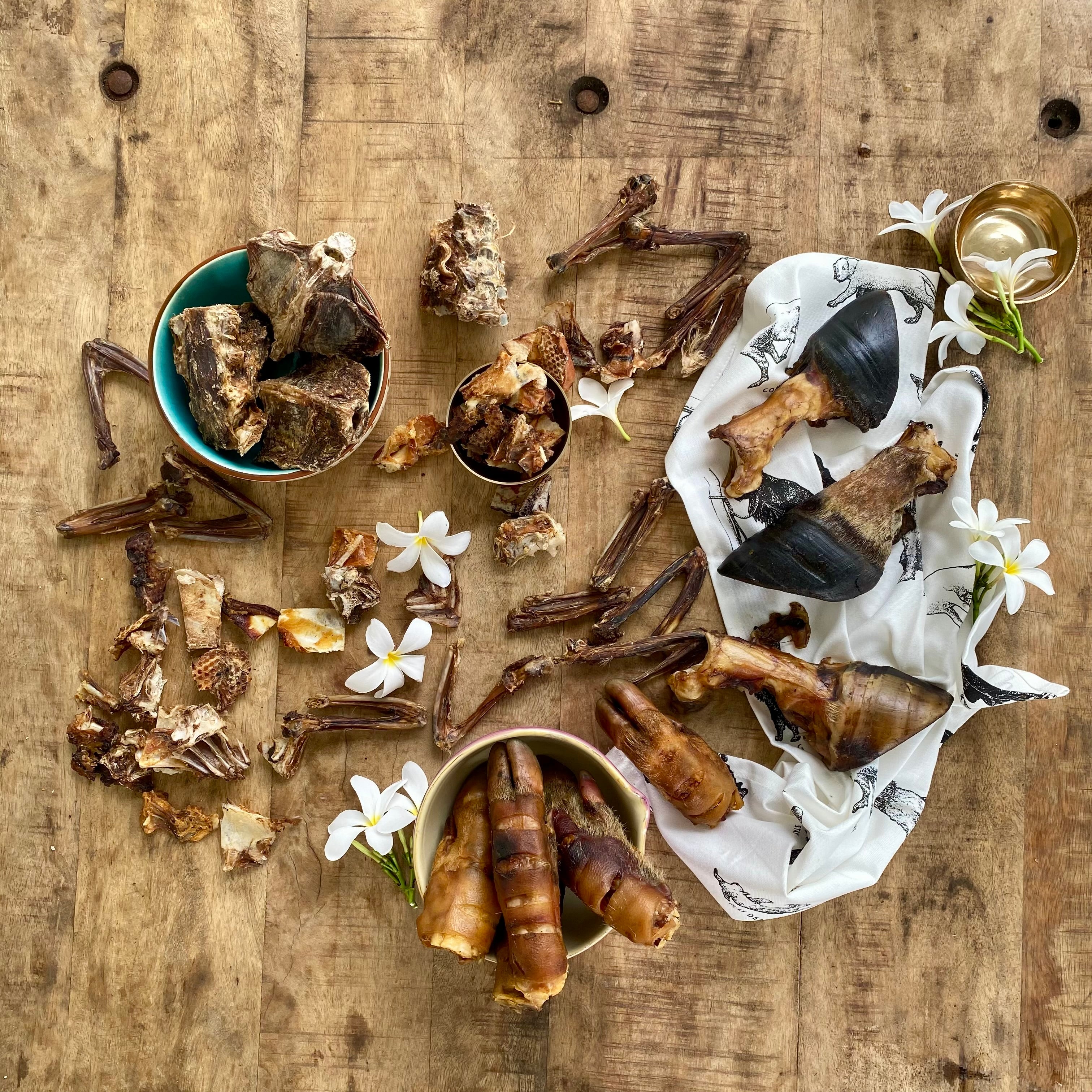
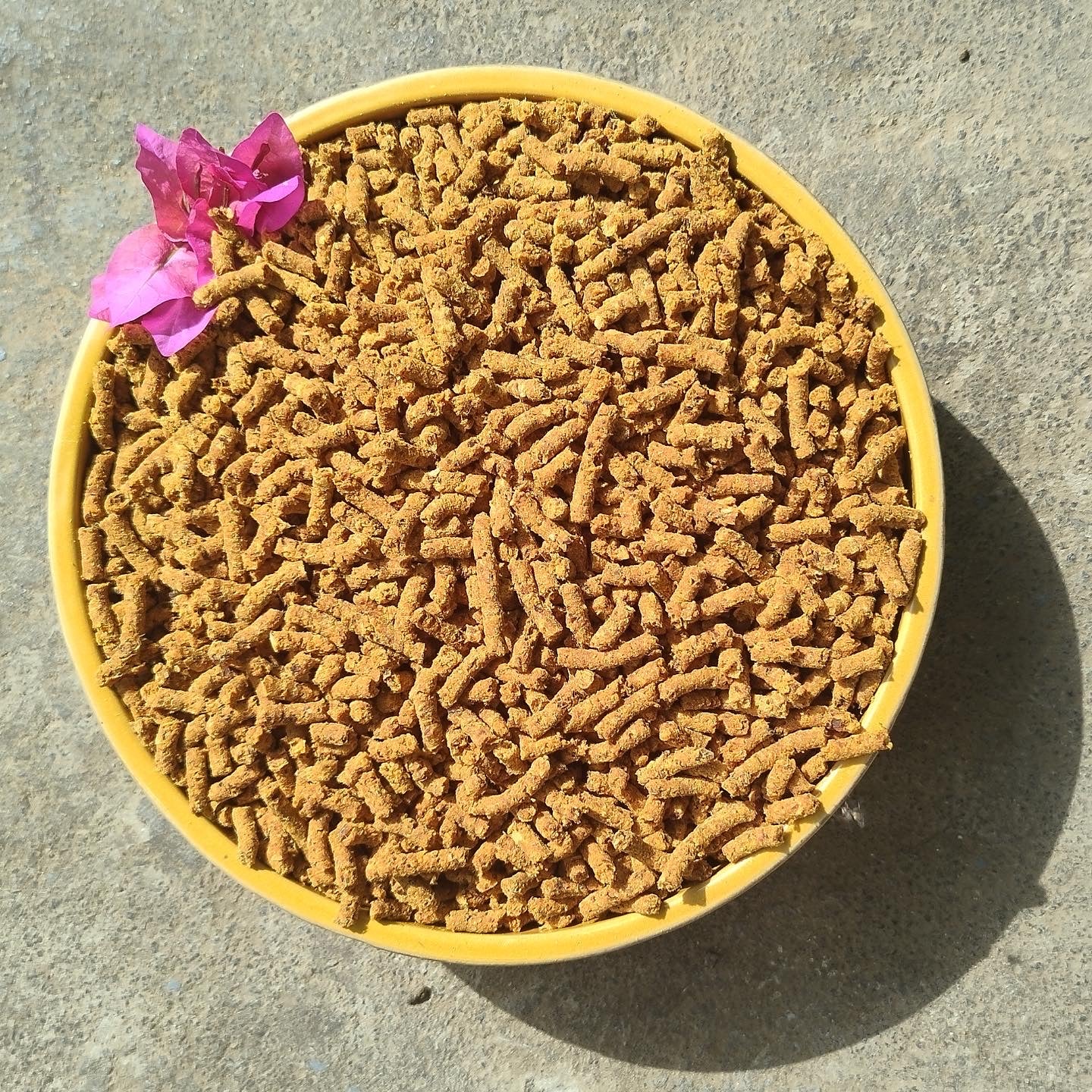


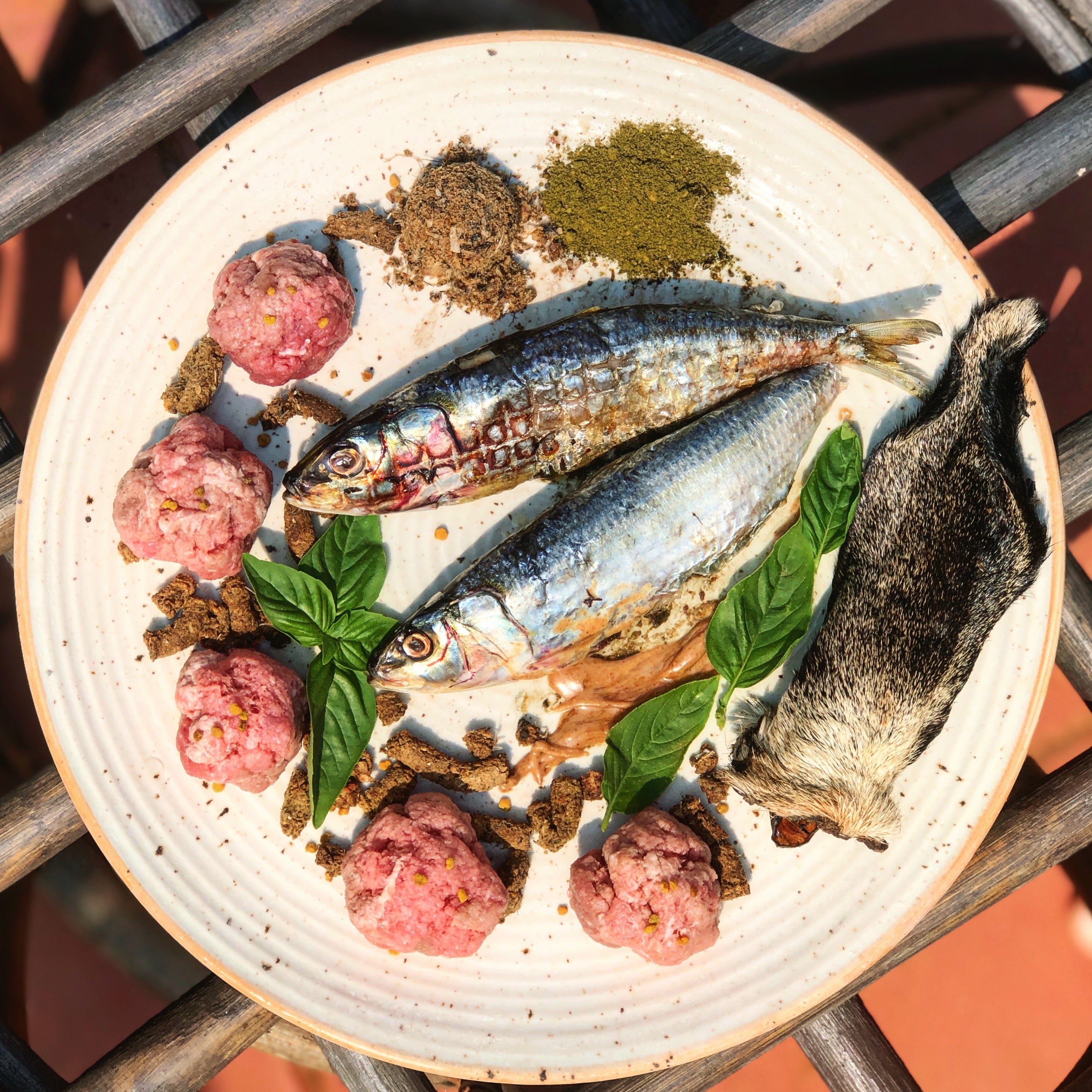



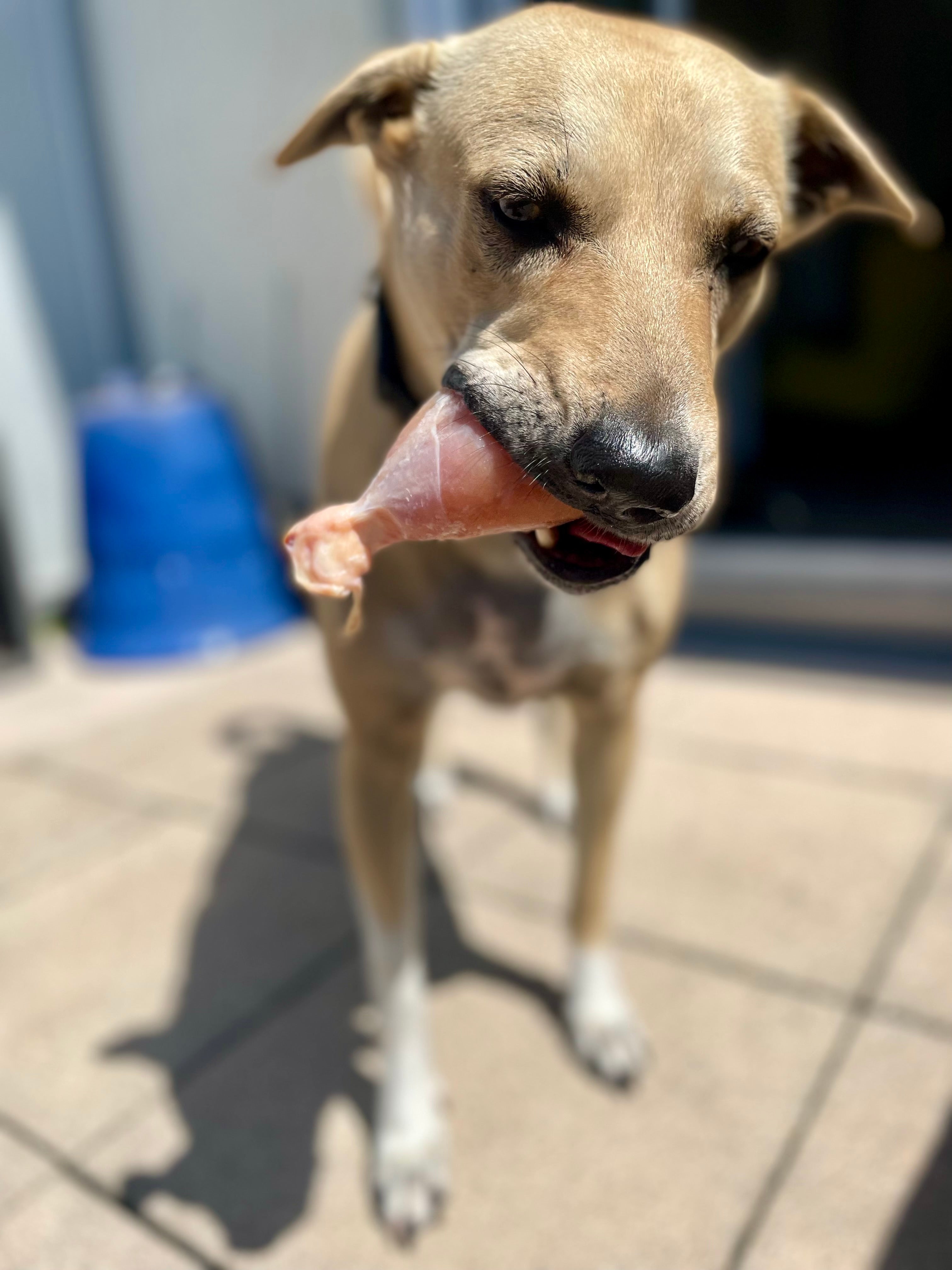
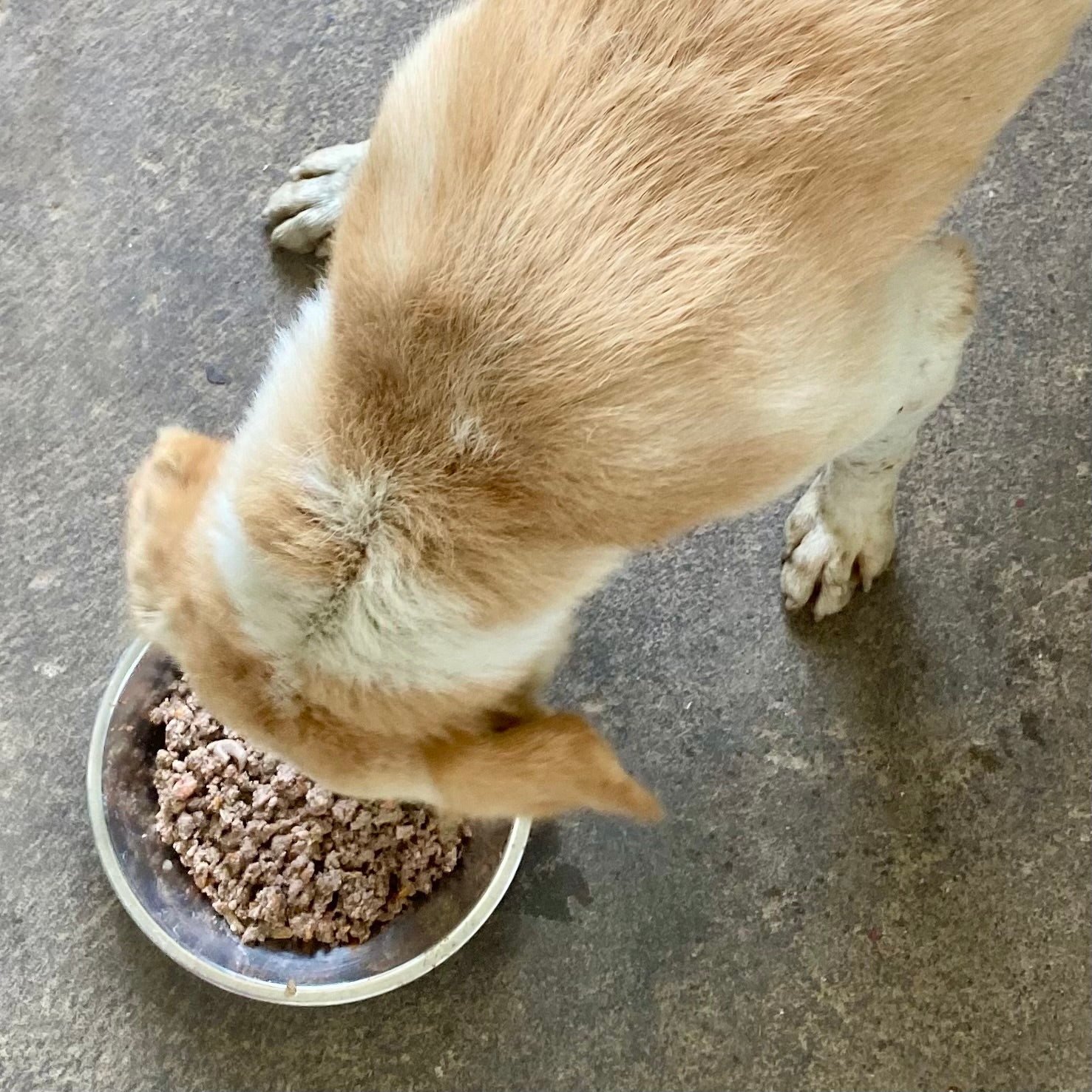
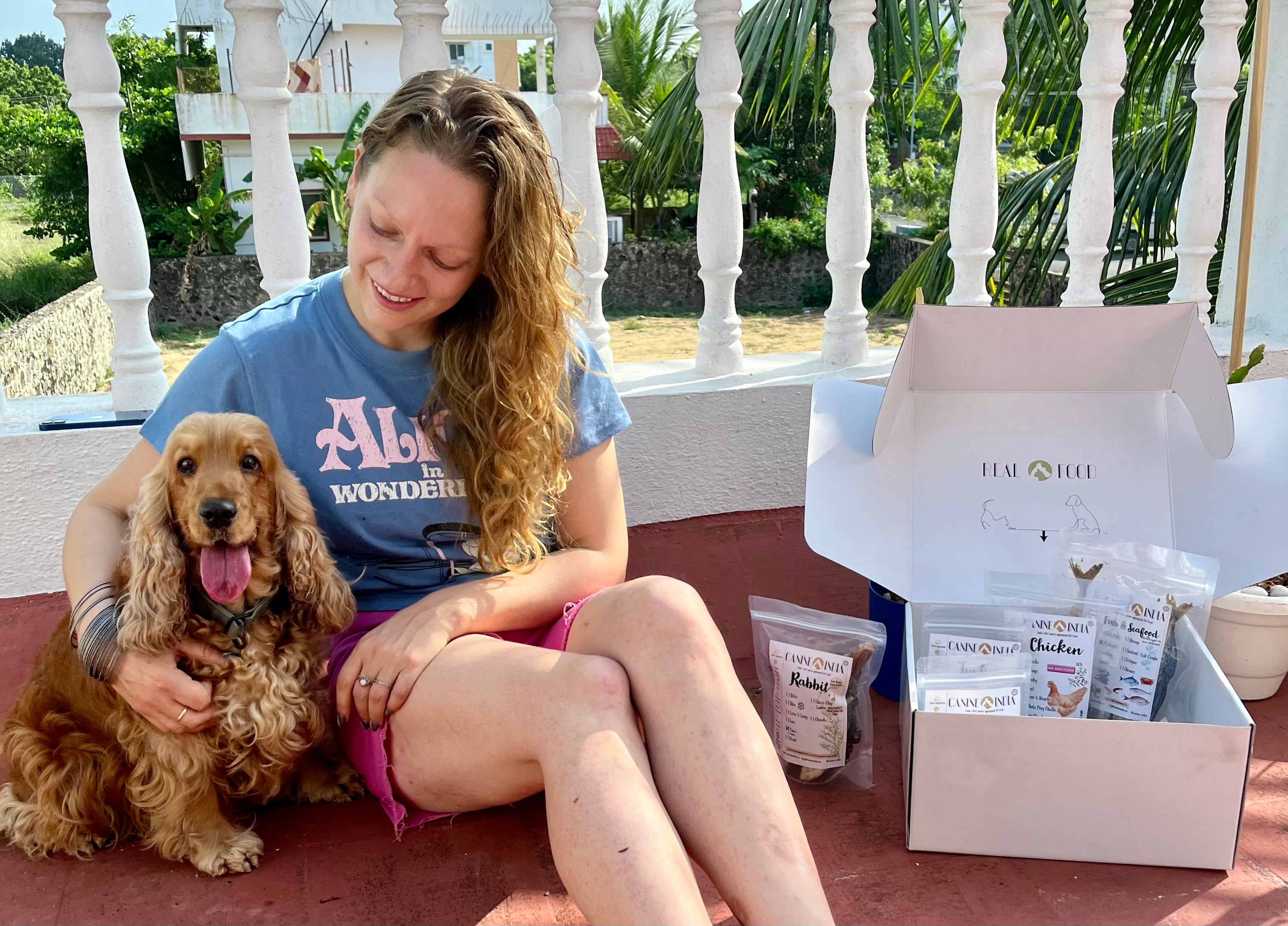


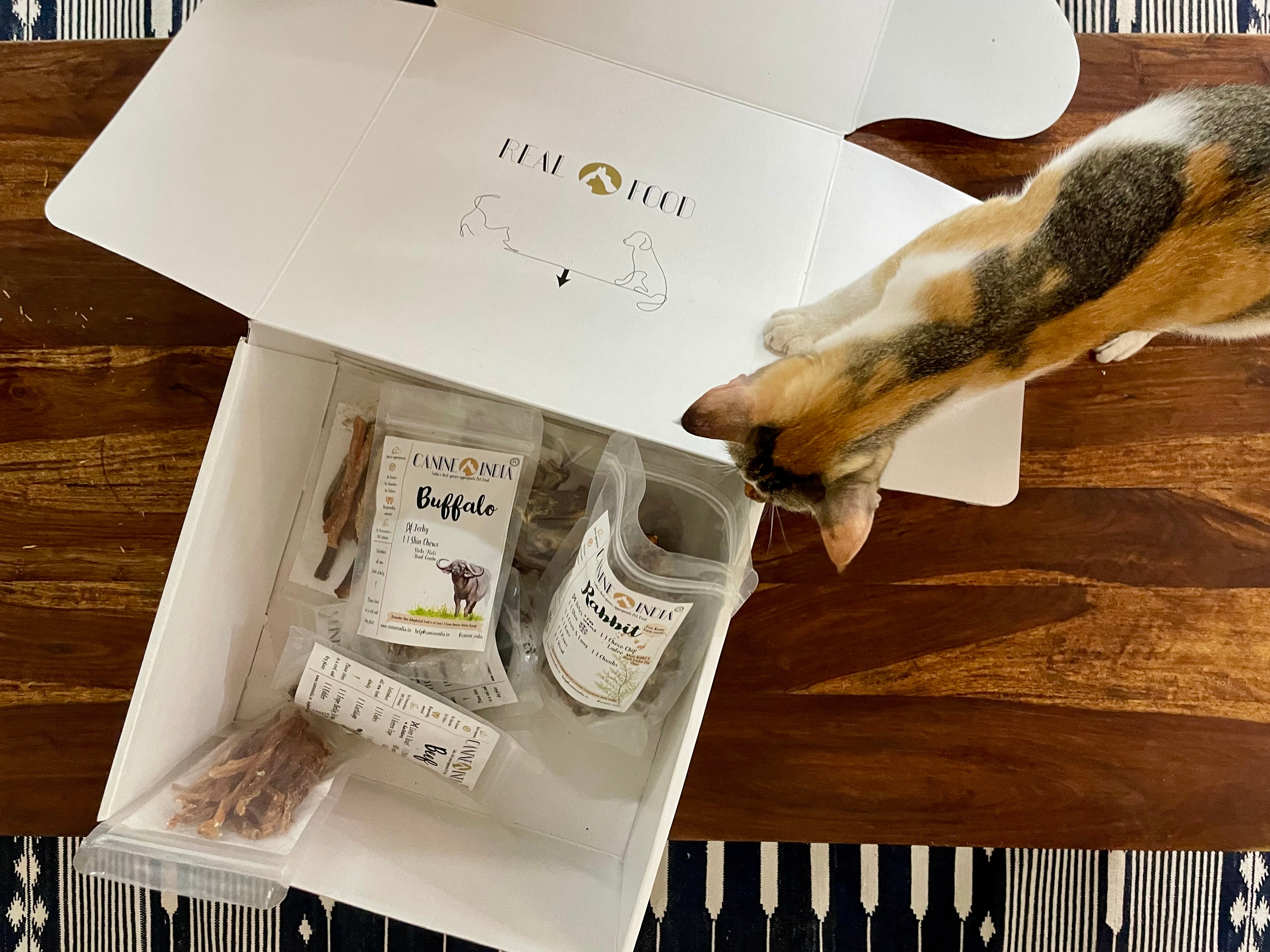
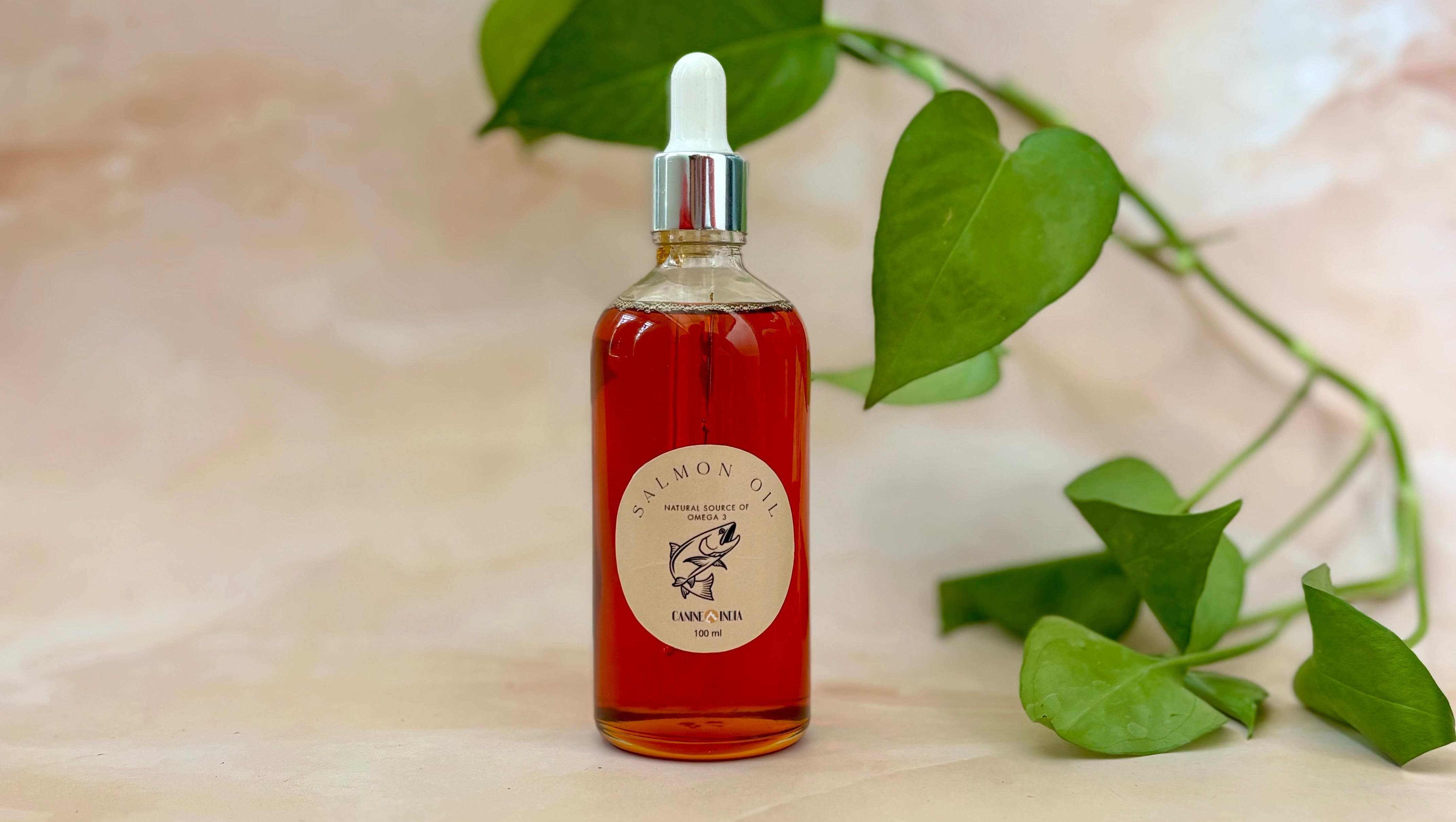
Leave a comment